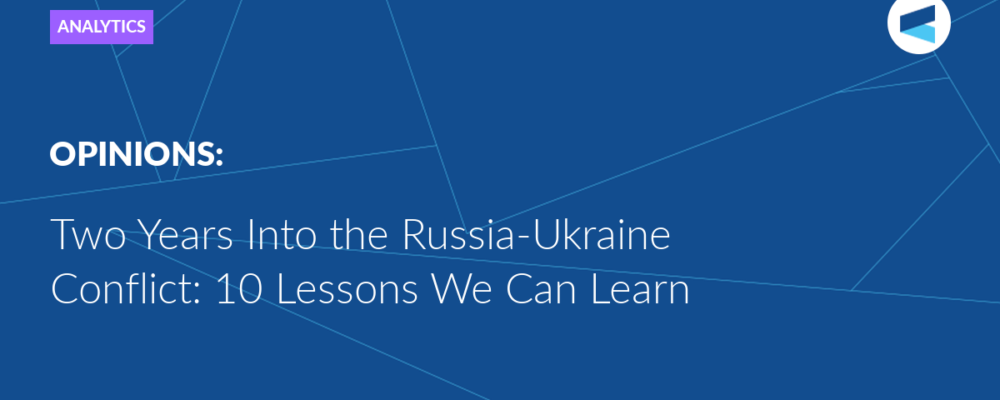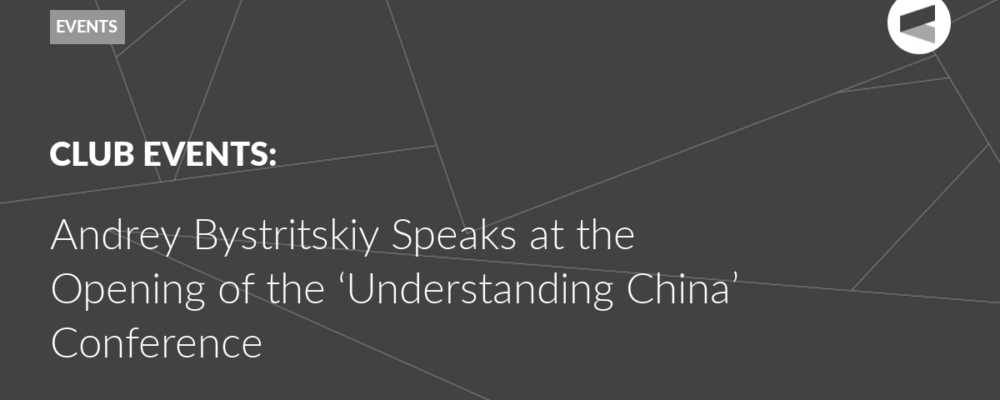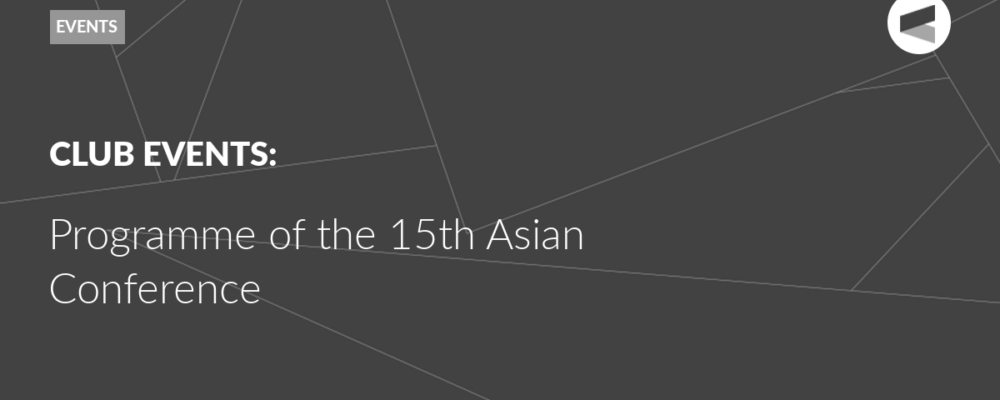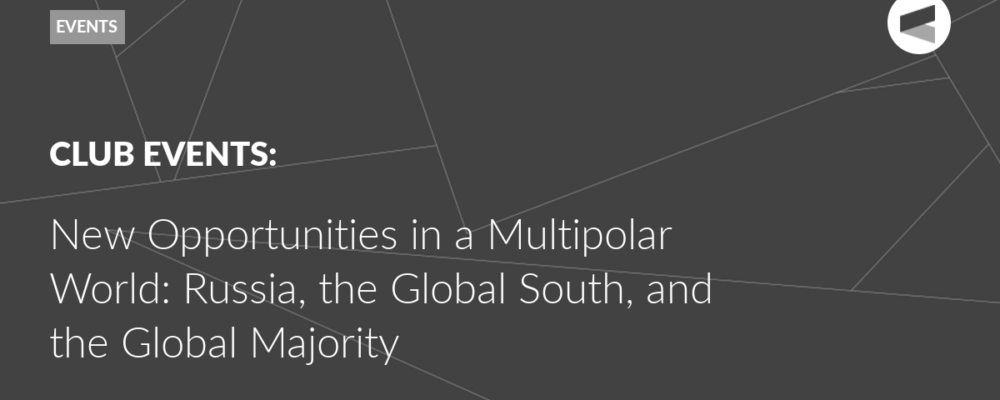On February 13, 2025, the Valdai Club hosted an expert discussion dedicated to the future of artificial intelligence. Anton Bespalov, moderator of the discussion, invited the participants to address the prospects of a technological confrontation between China and the United States and Russia’s place in it.
Ruslan Yunusov, Co-Founder of the Russian Quantum Centre, called issues related to artificial intelligence very relevant. According to him, the development of this area requires large investments, because it is dependent on the rapid development of physical infrastructure, particularly computing power. In Russia, there are several large generative models of artificial intelligence that are widely recognised, but without advanced investments, including infrastructural ones, this race cannot be won. “Everything is accelerating, and to stay in place, you need to run fast, to reach the point ahead, you need to run even faster,” Yunusov noted. He added that notorious digital colonialism is now yielding to “AI colonialism,” citing the example of US measures restricting the use of the Chinese AI DeepSeek.
Xue Ying, a research fellow at the Xinhua Institute, believes that the race for leadership in AI has a strong impact on both the economy and international relations. AI improves efficiency in various fields, increasing productivity and creates new business models. The fields in which AI is implemented provide huge profits; key players gain an advantage and attract talent. The AI revolution in the economy will lead to serious changes in the world, including political ones, Xue Ying is convinced. In her opinion, it is necessary to move from competition in this area to cooperation that ensures sustainable development and makes the world a better place. Sharing technologies is important, and this is related to the open nature of DeepSeek, she emphasized.
Ilya Semerikov, head of the research group at the Russian Quantum Center, called for rethinking the world in the context of technology development, pointing out that the current world-leading linguistic model from DeepSeek is an open-source model. “A rather specific time has come when closing the doors is not only pointless, but also harmful,” he explained. Before our eyes, probably for the first time in history, a key open source-based technology has beaten a competitor with a much larger volume of investment and technical capabilities. This means that Russia also needs to change the paradigms of its approach, Semerikov believes. It is important to understand that the world has become indivisible. From a technological point of view, it has turned into one large open-source community, which it is necessary to integrate into. “There are no more secrets in the world, and those that exist remain only in our heads,” he summed up, adding that Russia has an excellent scientific school and talented scientists, but it should not move in a closed paradigm, so as not to stop its intellectual life at this stage.
Miša Djurković, Principal research fellow at the Serbian Institute of European Studies, raised the issue of ethical problems in the use of artificial intelligence and its legal regulation. This concerns both the problems of determining jurisdiction and the problems of protecting health, privacy and property, and makes the issue of creating responsible AI one of the key issues in the world. Self-regulation, which many propose as a fundamental principle, may not be enough, Djurković suggested, pointing to the threat of developing techno-feudalism and enabling the monopolistic dominance of large technology companies. He sees the need for clear legal regulation of AI at the national, regional and global levels and has suggested thinking about some kind of universal declaration of human rights in this area.
Alexander Ulanov,
Vice-Rector for Development, Innovation and Digitalization at the Diplomatic Academy of the Ministry of Foreign Affairs of Russia, raised the issue of competitive advantages and the technological gap. Countries where certain technologies have emerged have economic advantages, which they seek to preserve in every possible way. Moreover, not only companies but also societies as a whole become beneficiaries of discoveries. This gives rise to protectionist measures. Speaking about the applicability of AI in the sphere of international relations, Ulanov noted that the use of open-source models not only accelerates developments, but also yields an exchange of worldviews. According to him, if you look at the work of various neural networks, it becomes clear that they “think” differently, since they are trained on different data sets, including those reflecting national specifics.
The Valdai Discussion Club was established in 2004. It is named after Lake Valdai, which is located close to Veliky Novgorod, where the Club’s first meeting took place.
Please visit the firm link to site






